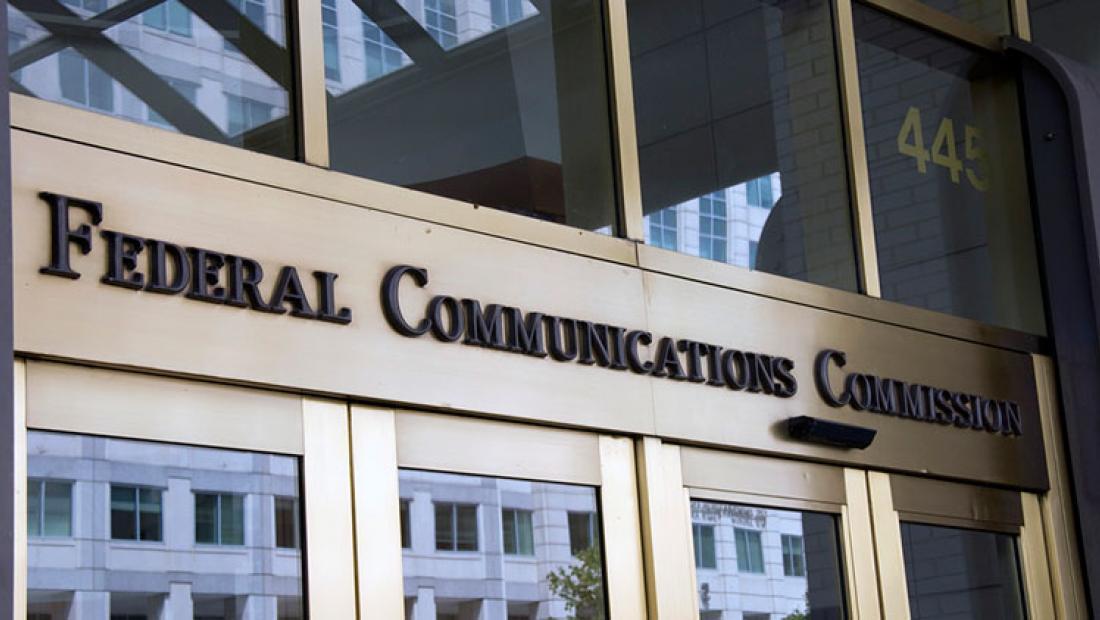FCC Proposing to Exempt 5G Facilities From Historic, Environmental Reviews

The smarter way to stay on top of broadcasting and cable industry. Sign up below
You are now subscribed
Your newsletter sign-up was successful
Republican FCC commissioner Brendan Carr said the FCC is proposing to promote 5G wireless broadband buildouts by exempting most 5G facilities from environmental and historic review processes he said were meant for large cell deployments; the proposal would also put a shot clock and restrictions on those that still need such reviews.
That came in his speech at the Consumer Technology Association's 5G Day in D.C., where he outlined a plan for updating infrastructure regulations to streamline the tower siting and permitting process, something FCC chair Ajit Pai has made a priority in his plan to close the broadband divide.
Related: GOP Subcom Members Outline Broadband Infrastructure Priorities
The move is yet another recognition that broadband access is moving from wired to wireless. In fact, Carr used "the Facebook" to make that point in his speech.
"Not too long ago, the facebook was a bound, hard-copy booklet that schools provided to their students—it was a directory that included the names and pictures of everyone in your class," he said. "In fact, I have one with me this morning from my law school days, and I can assure you that there’s nothing to 'like' about it, but on the upside there is only one unflattering picture of me in this facebook. Today, as we know, the capital 'F' Facebook is a $500 billion company with over 2 billion monthly users—the majority of whom only access the site via their smartphones and a wireless connection."
Related: NTIA Identifies More G.I Spectrum Possible For 5G
The FCC plans to vote on the plan at its March 22 meeting, Carr said, so it clearly has his support-- a draft will be circulated Thursday (March 1), which is when the FCC releases its tentative agenda for the next meeting, and when the Pai FCC has been releasing drafts so the public can see what the commisision plans to vote on. FCC will vote, specificaly, on declaring the citing of such wireless facilities where larger deployments would require reviews as neither the "federal undertakings" or "major federal actions" that trigger them.
Carr said the rule changes proposed would reduce the costs of such buildouts by 80% and cut deployment times in half.
The plan is also to streamline the historic reviews for larger wireless deployments, including a "clear timeline" for deployments on tribal lands, and revise the commission's approach to environmental reviews, including a shot clock and a carveout for deployments at least a foot above baseline flood elevation.
The deregulatory move is meant to address what Carr said were the skyrocketing fees associated with the historic and environmental reviews, which can cost millions, and square the process with the fact that 5G deployments can be "smaller than a backpack and attach to existing structures."
And since he was addressing a consumer electronics crowd, he added, "[I]t could mean the difference between those cutting-edge, 5G-enabled devices launching here in the United States or watching consumers in other countries benefit from them first."
Pai last year launched a pair of proceedings seeking input on how to speed wired and wireless deployment, including by easing rights of way and tower-siting issues and vetting the impact from delays due to environmental and historical impact studies.
The smarter way to stay on top of broadcasting and cable industry. Sign up below
Contributing editor John Eggerton has been an editor and/or writer on media regulation, legislation and policy for over four decades, including covering the FCC, FTC, Congress, the major media trade associations, and the federal courts. In addition to Multichannel News and Broadcasting + Cable, his work has appeared in Radio World, TV Technology, TV Fax, This Week in Consumer Electronics, Variety and the Encyclopedia Britannica.

